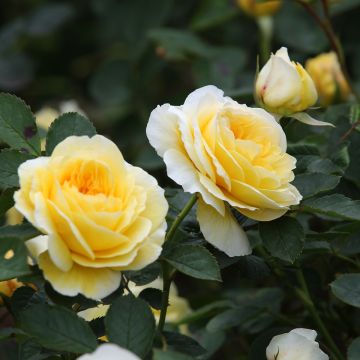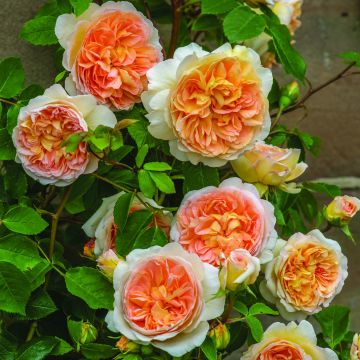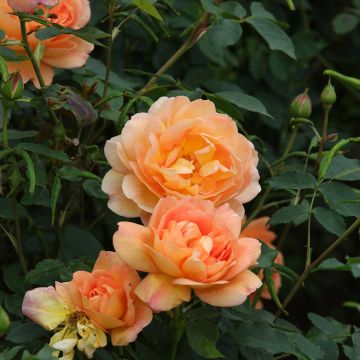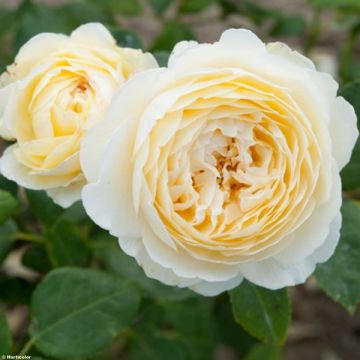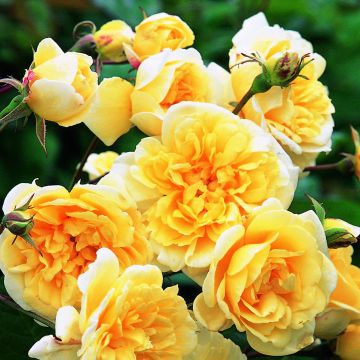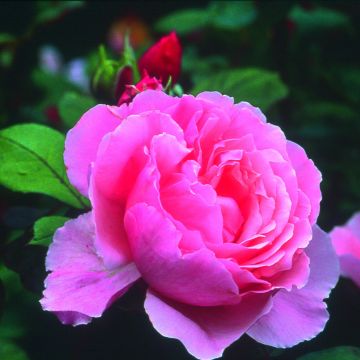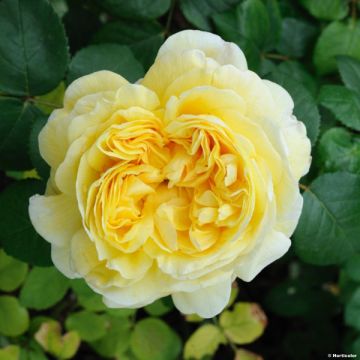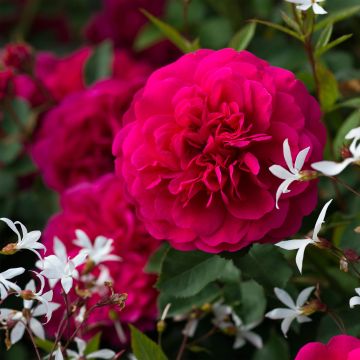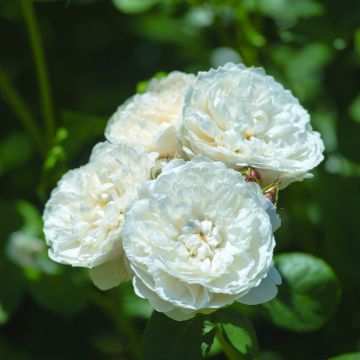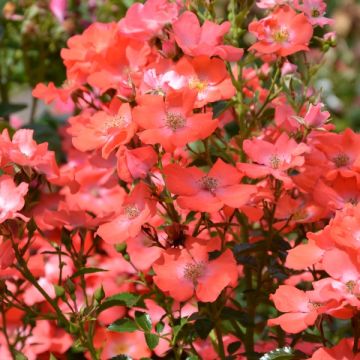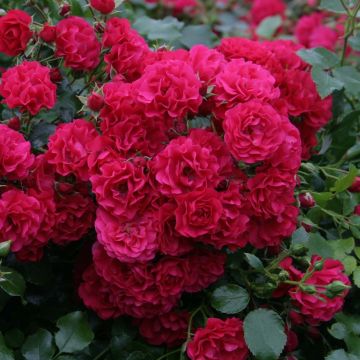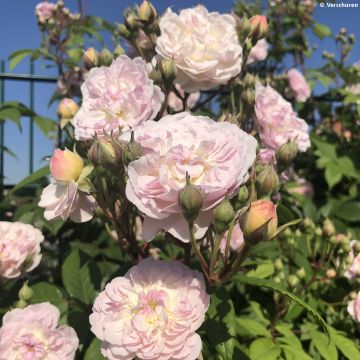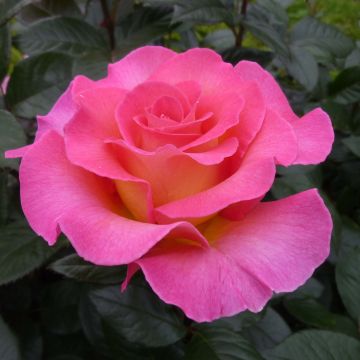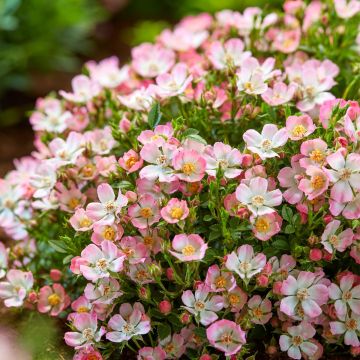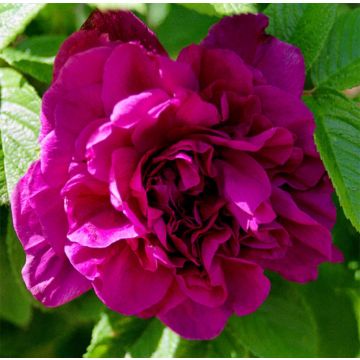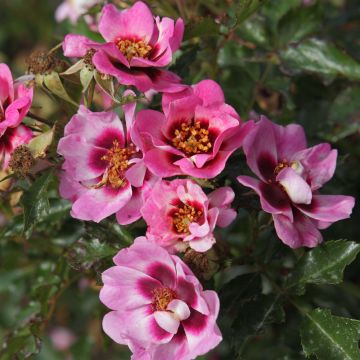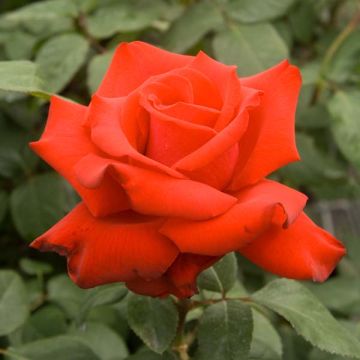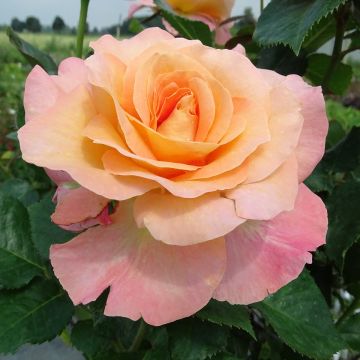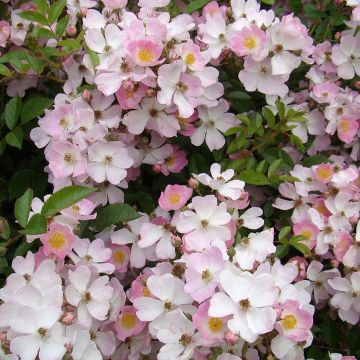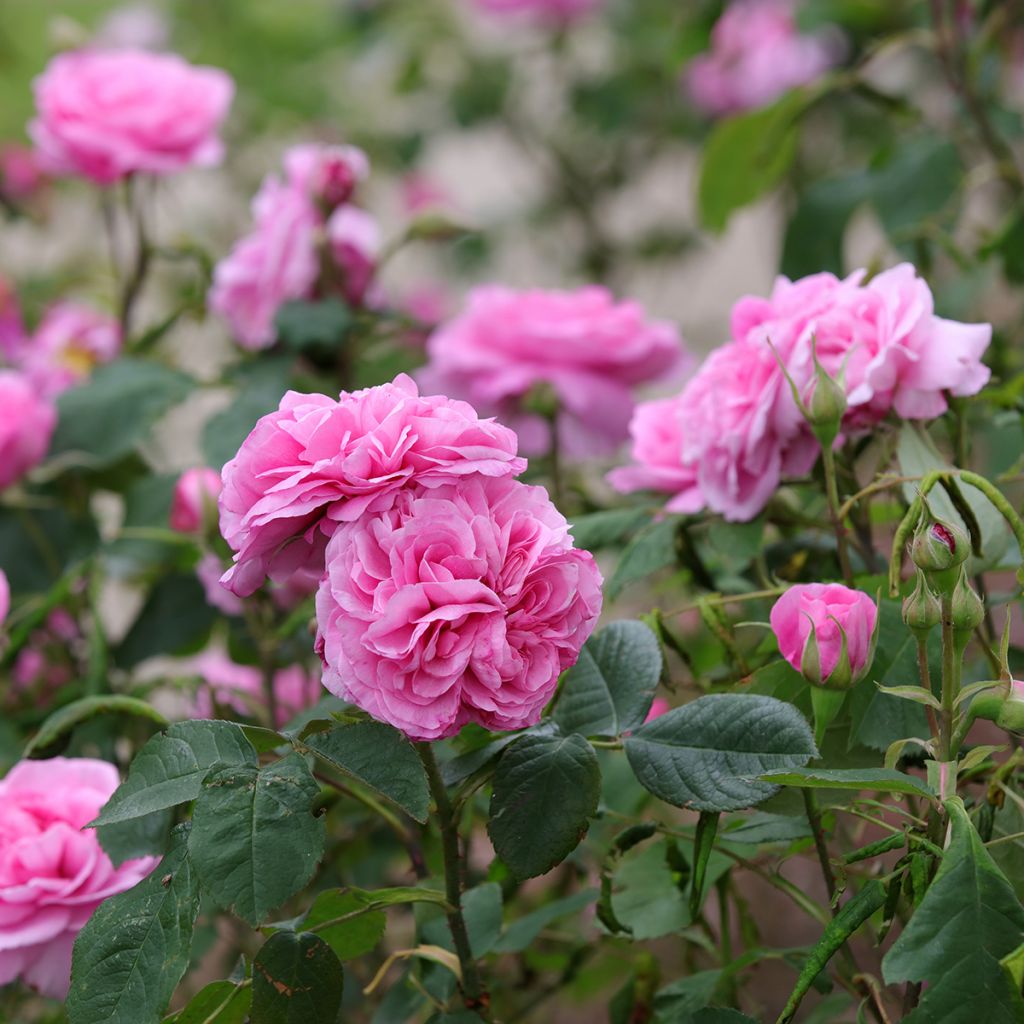

Rosa Gertrude Jekyll - English Rose
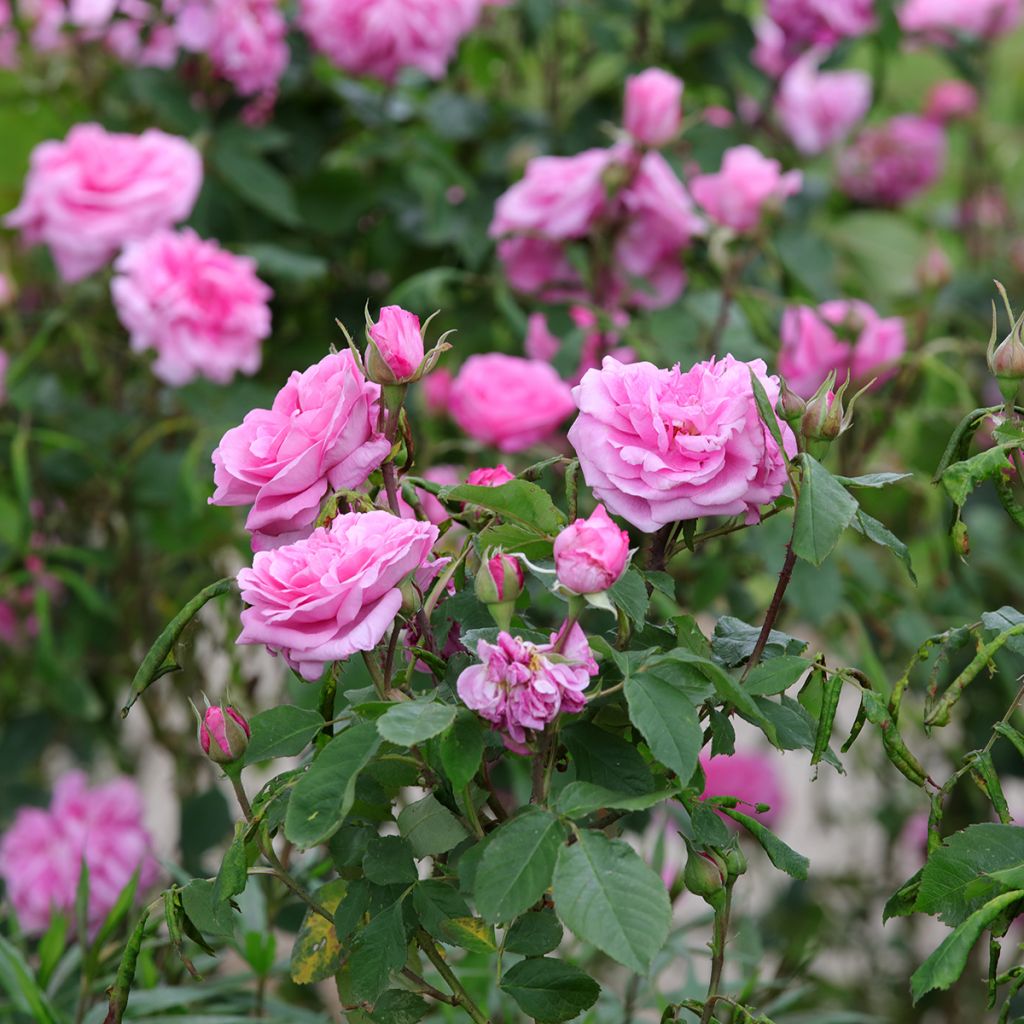

Rosa Gertrude Jekyll - English Rose
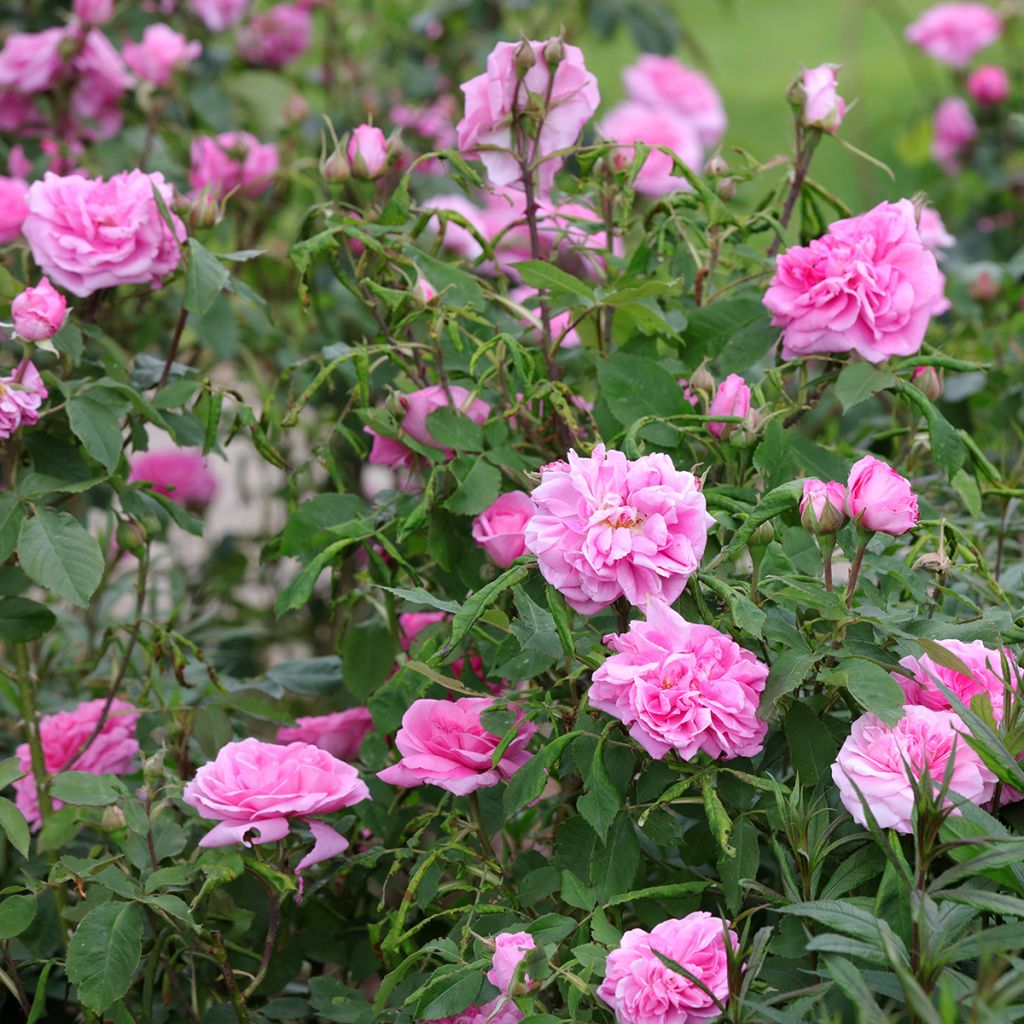

Rosa Gertrude Jekyll - English Rose
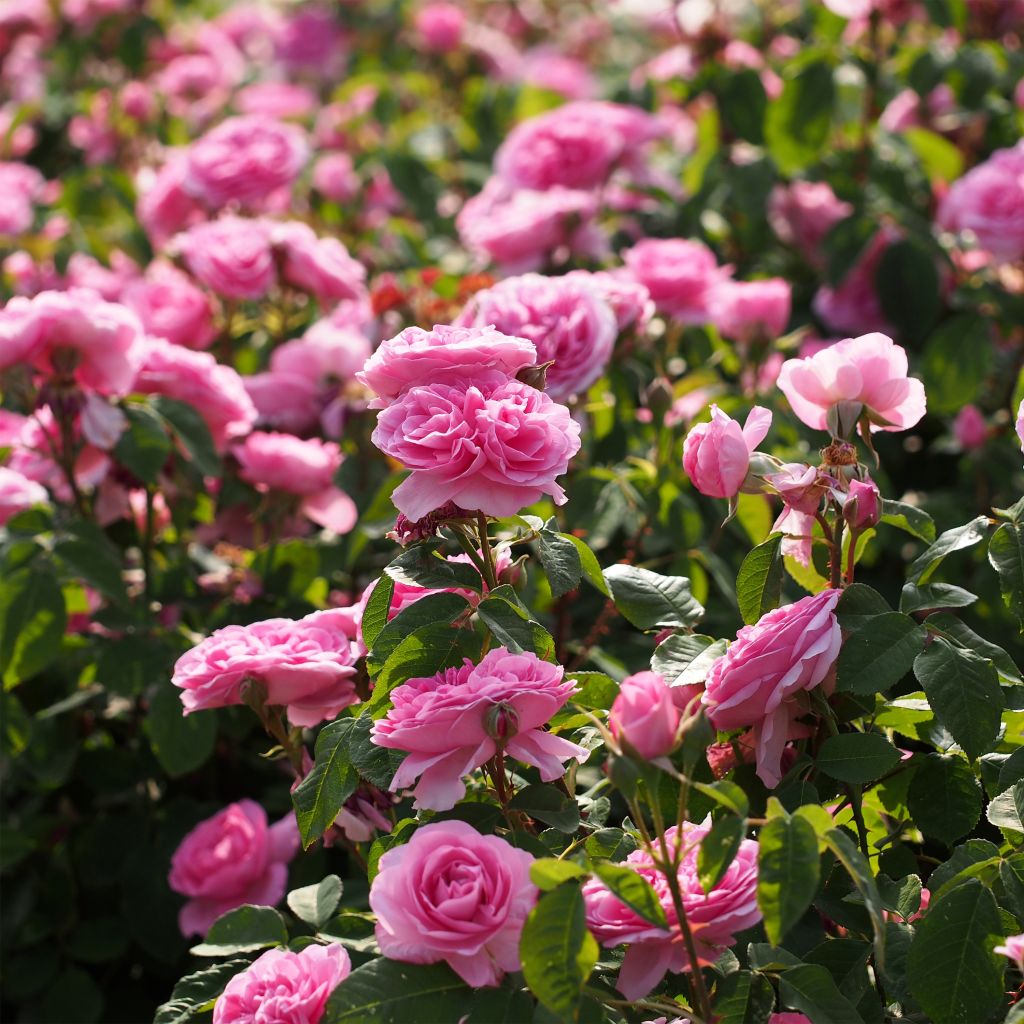

Rosa Gertrude Jekyll - English Rose
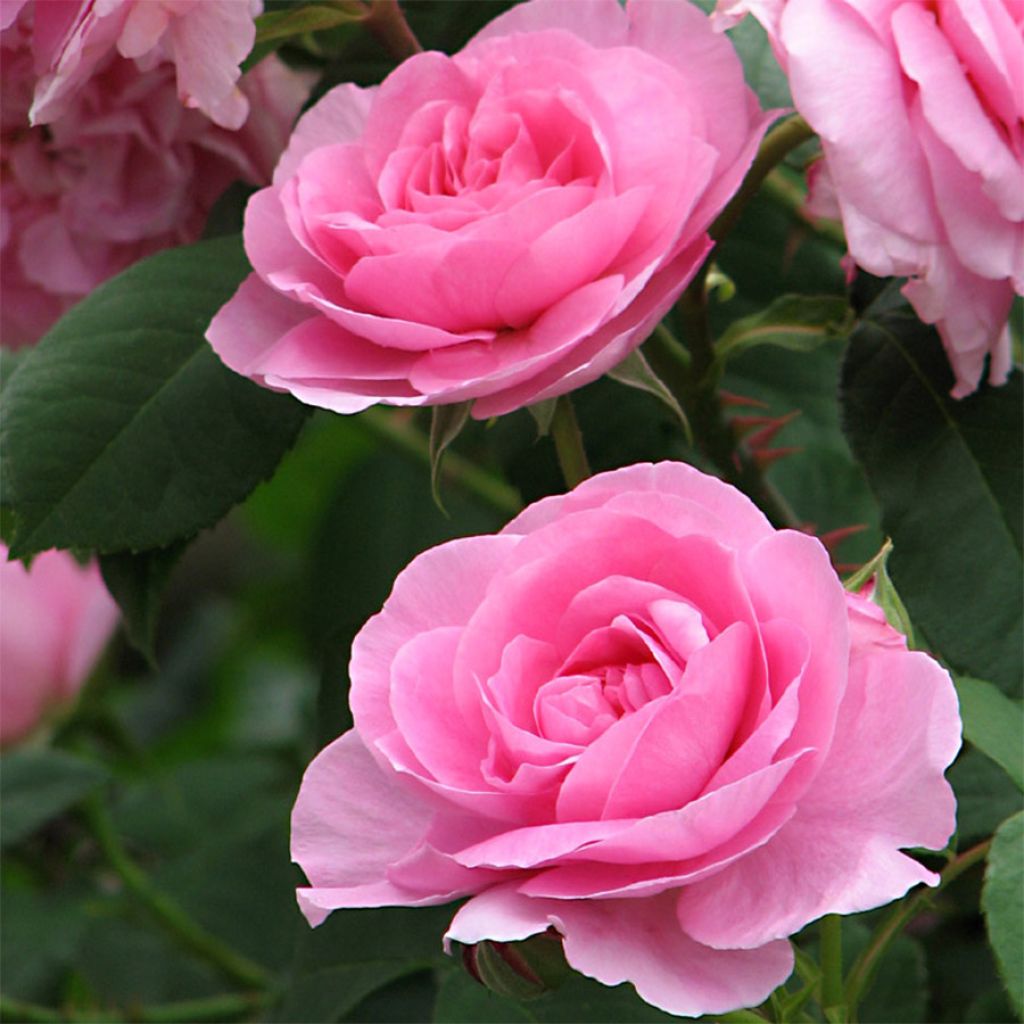

Rosa Gertrude Jekyll - English Rose
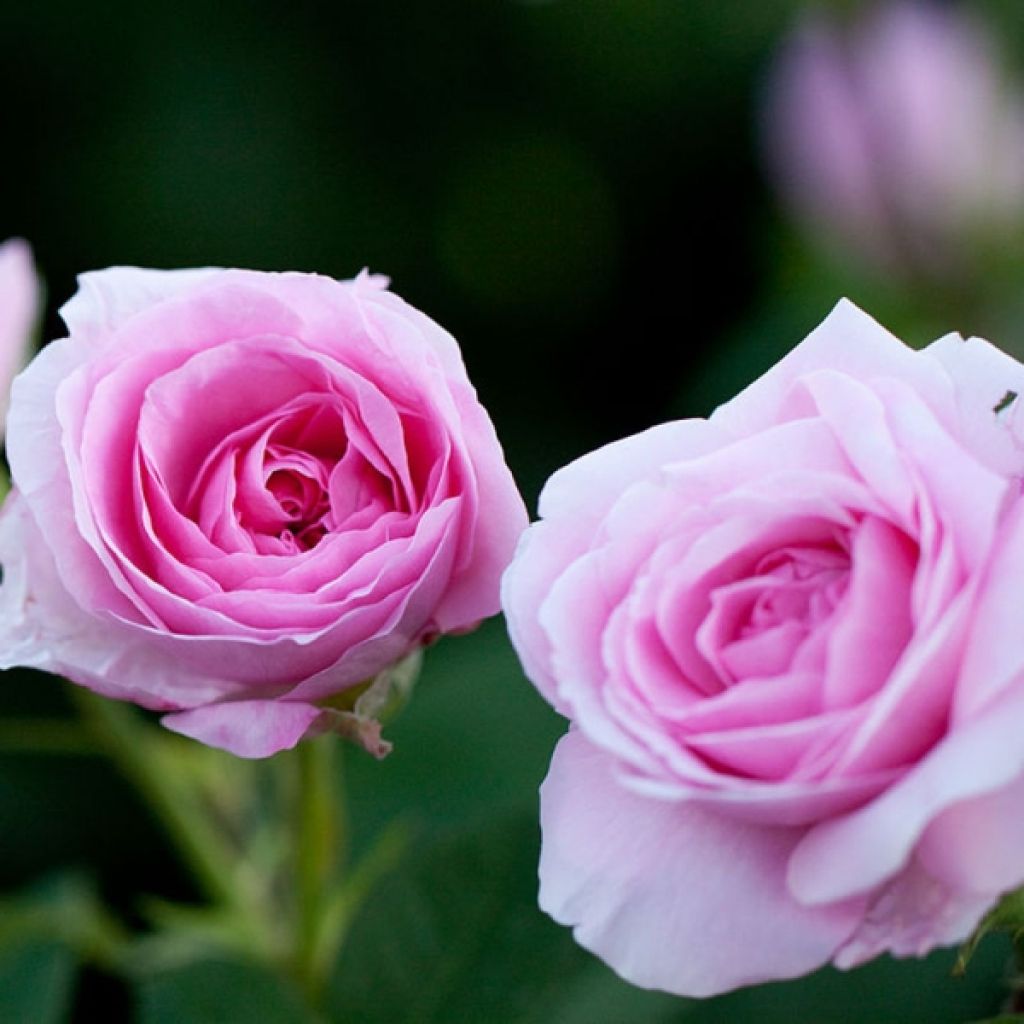

Rosa Gertrude Jekyll - English Rose
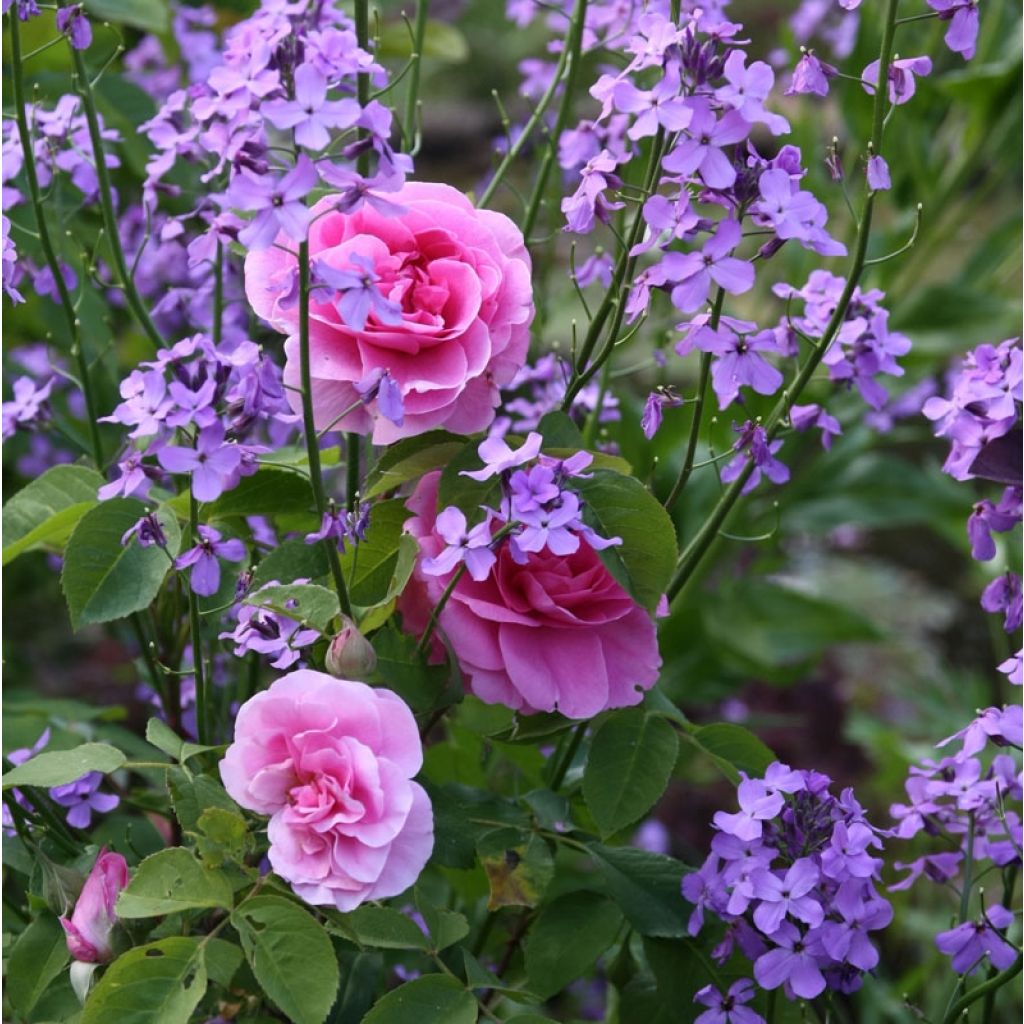

Rosa Gertrude Jekyll - English Rose
Rosa Gertrude Jekyll - English Rose
Rosa Gertrude Jekyll® 'Ausbord'
Rose
This item cannot be shipped to the selected country
Delivery charge from €5.90
Delivery charge from €5.90
Delivery to Corse prohibited
More information
Schedule delivery date,
and select date in basket
This plant carries a 24 months recovery warranty
More information
We guarantee the quality of our plants for a full growing cycle, and will replace at our expense any plant that fails to recover under normal climatic and planting conditions.
From €5.90 for pickup delivery and €6.90 for home delivery
Express home delivery from €8.90.
From €5.90 for pickup delivery and €6.90 for home delivery
Express home delivery from €8.90.
Delivery to Corse prohibited: UE law prohibits the import of this plant from mainland France to Corse as part of the fight against Xylella fastidiosa. Please accept our sincere apologies.
More information

Does this plant fit my garden?
Set up your Plantfit profile →
Description
The English rose Gertrude Jekyll has the spirit of the immense British landscaper who revolutionised the concept of English gardens. This vigorous bush, with an upright or climbing habit, is generous with its double cup-shaped flowers, a true fresh pink, darker at the centre, whose presence can be sensed just by the powerful, exquisite, and perfectly balanced scent of old roses. They follow one another throughout the beautiful season, until autumn. It is a hardy and sturdy rose that can be trained as a small climber or bush. Plant it near the house, it's worth it!
Gertrude Jekyll rose has an upright bushy habit, without stiffness, well-branched, which can be left free or trained as a climber. Vigorous, it produces numerous strong branches that reach, depending on the case, 1.20 to over 2m (7ft) in height with a spread of 1m (3ft). Its flowering, one of the earliest among English roses, often starts as early as May and does not end until October if care is taken to remove faded flowers while regularly providing water and nourishment to the plant. Its small tightly-packed pink buds with turbinate petals open in a quite astonishing way into large, very double rosettes of 10cm (4in), in the manner of old roses. Their colour is a true pink, fresher on the periphery of the corollas, almost warm in the centre. Their scent is powerful. The foliage of this rose resembles that of Portland Roses like Jacques Cartier: its leaves are well spaced, slightly rough and abundant, and its branches are equipped with numerous prickles. The foliage is rarely attacked by disease.
It is a hardy and vigorous rose that can be left to grow freely as a bush or trained on a wall, trellis, or small tree. Its wonderful scent deserves to be inhaled: place it near the house or an entrance to enjoy it. Do not hesitate to associate it with other roses, but also with perennials such as delphiniums, bellflowers, foxgloves, or peonies. Roses get along well with clematis, and these two plants tolerate being planted in the same planting hole. To make Gertrude Jekyll's roses sparkle, for example, let the superb mauve-blue-purple corollas of Clematis Vyvyan Pennel creep into its branches.
Gertrude Jekyll is the name of an exceptional woman who left her mark on horticulture in the last century. A passionate artist of photography and painting, then a landscaper, she designed over 400 gardens in many countries. She earned her place in a very male-dominated world, a fitting tribute that David Austin dedicates one of his roses to her.
David Austin 1986 Creation
Report an error about the product description
Rosa Gertrude Jekyll - English Rose in pictures
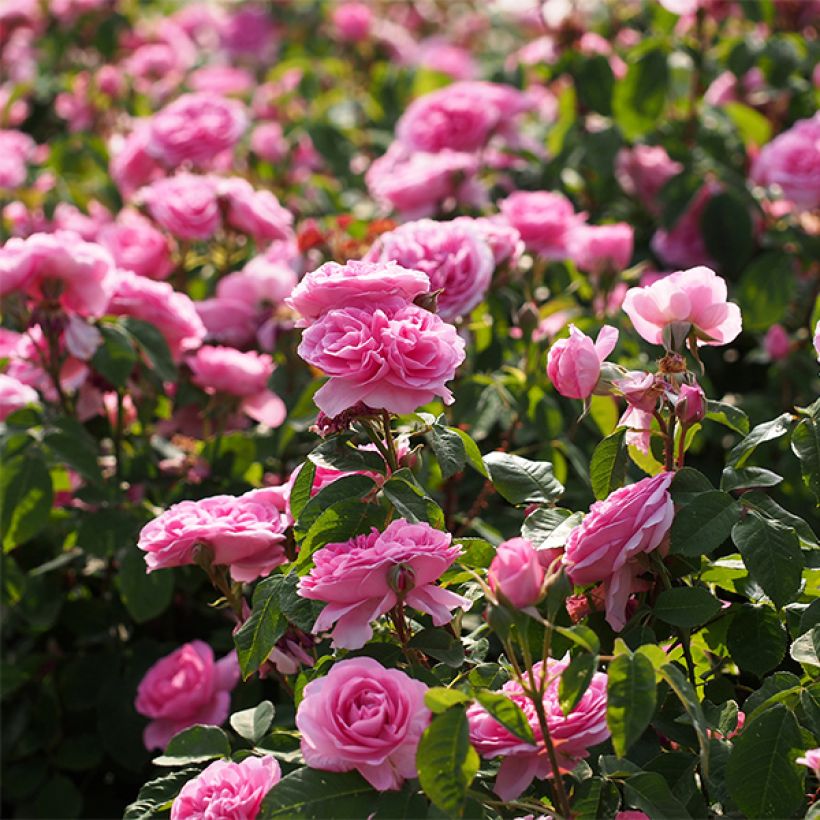



Plant habit
Flowering
Foliage
Botanical data
Rosa
Gertrude Jekyll® 'Ausbord'
Rosaceae
Rose
Cultivar or hybrid
Rosa canina Laxa (4L/5L pot, Wrapped bare root)
Other David Austin Roses
Planting and care
The Gertrude Jekyll rose prefers sunny locations while being very tolerant in this regard. Excessive limestone can cause chlorosis, but this rose is overall quite tolerant. However, it does require a fertile and moist soil to reach its full potential. If you notice spotted or diseased leaves, remove them immediately. To plant your rose, work the soil by crumbling it and place an amendment, such as bonemeal, at the bottom of the planting hole. Water generously after planting to eliminate air pockets. Water regularly for a few weeks to encourage root growth. Pruning climbing roses involves removing a portion of the old branches at the base every spring, thus maintaining a framework while rejuvenating your rose. Prune the branches of the year to 3 or 4 buds. Regularly remove faded flowers during the summer to stimulate the development of younger buds. Roses are often spotted or unsightly in late summer, but this is not a problem for their development. These spots are not harmful to the rose; it is a natural phenomenon.
Planting period
Intended location
Care
-
, onOrder confirmed
Reply from on Promesse de fleurs
Roses by purpose
Haven't found what you were looking for?
Hardiness is the lowest winter temperature a plant can endure without suffering serious damage or even dying. However, hardiness is affected by location (a sheltered area, such as a patio), protection (winter cover) and soil type (hardiness is improved by well-drained soil).

Photo Sharing Terms & Conditions
In order to encourage gardeners to interact and share their experiences, Promesse de fleurs offers various media enabling content to be uploaded onto its Site - in particular via the ‘Photo sharing’ module.
The User agrees to refrain from:
- Posting any content that is illegal, prejudicial, insulting, racist, inciteful to hatred, revisionist, contrary to public decency, that infringes on privacy or on the privacy rights of third parties, in particular the publicity rights of persons and goods, intellectual property rights, or the right to privacy.
- Submitting content on behalf of a third party;
- Impersonate the identity of a third party and/or publish any personal information about a third party;
In general, the User undertakes to refrain from any unethical behaviour.
All Content (in particular text, comments, files, images, photos, videos, creative works, etc.), which may be subject to property or intellectual property rights, image or other private rights, shall remain the property of the User, subject to the limited rights granted by the terms of the licence granted by Promesse de fleurs as stated below. Users are at liberty to publish or not to publish such Content on the Site, notably via the ‘Photo Sharing’ facility, and accept that this Content shall be made public and freely accessible, notably on the Internet.
Users further acknowledge, undertake to have ,and guarantee that they hold all necessary rights and permissions to publish such material on the Site, in particular with regard to the legislation in force pertaining to any privacy, property, intellectual property, image, or contractual rights, or rights of any other nature. By publishing such Content on the Site, Users acknowledge accepting full liability as publishers of the Content within the meaning of the law, and grant Promesse de fleurs, free of charge, an inclusive, worldwide licence for the said Content for the entire duration of its publication, including all reproduction, representation, up/downloading, displaying, performing, transmission, and storage rights.
Users also grant permission for their name to be linked to the Content and accept that this link may not always be made available.
By engaging in posting material, Users consent to their Content becoming automatically accessible on the Internet, in particular on other sites and/or blogs and/or web pages of the Promesse de fleurs site, including in particular social pages and the Promesse de fleurs catalogue.
Users may secure the removal of entrusted content free of charge by issuing a simple request via our contact form.
The flowering period indicated on our website applies to countries and regions located in USDA zone 8 (France, the United Kingdom, Ireland, the Netherlands, etc.)
It will vary according to where you live:
- In zones 9 to 10 (Italy, Spain, Greece, etc.), flowering will occur about 2 to 4 weeks earlier.
- In zones 6 to 7 (Germany, Poland, Slovenia, and lower mountainous regions), flowering will be delayed by 2 to 3 weeks.
- In zone 5 (Central Europe, Scandinavia), blooming will be delayed by 3 to 5 weeks.
In temperate climates, pruning of spring-flowering shrubs (forsythia, spireas, etc.) should be done just after flowering.
Pruning of summer-flowering shrubs (Indian Lilac, Perovskia, etc.) can be done in winter or spring.
In cold regions as well as with frost-sensitive plants, avoid pruning too early when severe frosts may still occur.
The planting period indicated on our website applies to countries and regions located in USDA zone 8 (France, United Kingdom, Ireland, Netherlands).
It will vary according to where you live:
- In Mediterranean zones (Marseille, Madrid, Milan, etc.), autumn and winter are the best planting periods.
- In continental zones (Strasbourg, Munich, Vienna, etc.), delay planting by 2 to 3 weeks in spring and bring it forward by 2 to 4 weeks in autumn.
- In mountainous regions (the Alps, Pyrenees, Carpathians, etc.), it is best to plant in late spring (May-June) or late summer (August-September).
The harvesting period indicated on our website applies to countries and regions in USDA zone 8 (France, England, Ireland, the Netherlands).
In colder areas (Scandinavia, Poland, Austria...) fruit and vegetable harvests are likely to be delayed by 3-4 weeks.
In warmer areas (Italy, Spain, Greece, etc.), harvesting will probably take place earlier, depending on weather conditions.
The sowing periods indicated on our website apply to countries and regions within USDA Zone 8 (France, UK, Ireland, Netherlands).
In colder areas (Scandinavia, Poland, Austria...), delay any outdoor sowing by 3-4 weeks, or sow under glass.
In warmer climes (Italy, Spain, Greece, etc.), bring outdoor sowing forward by a few weeks.

































